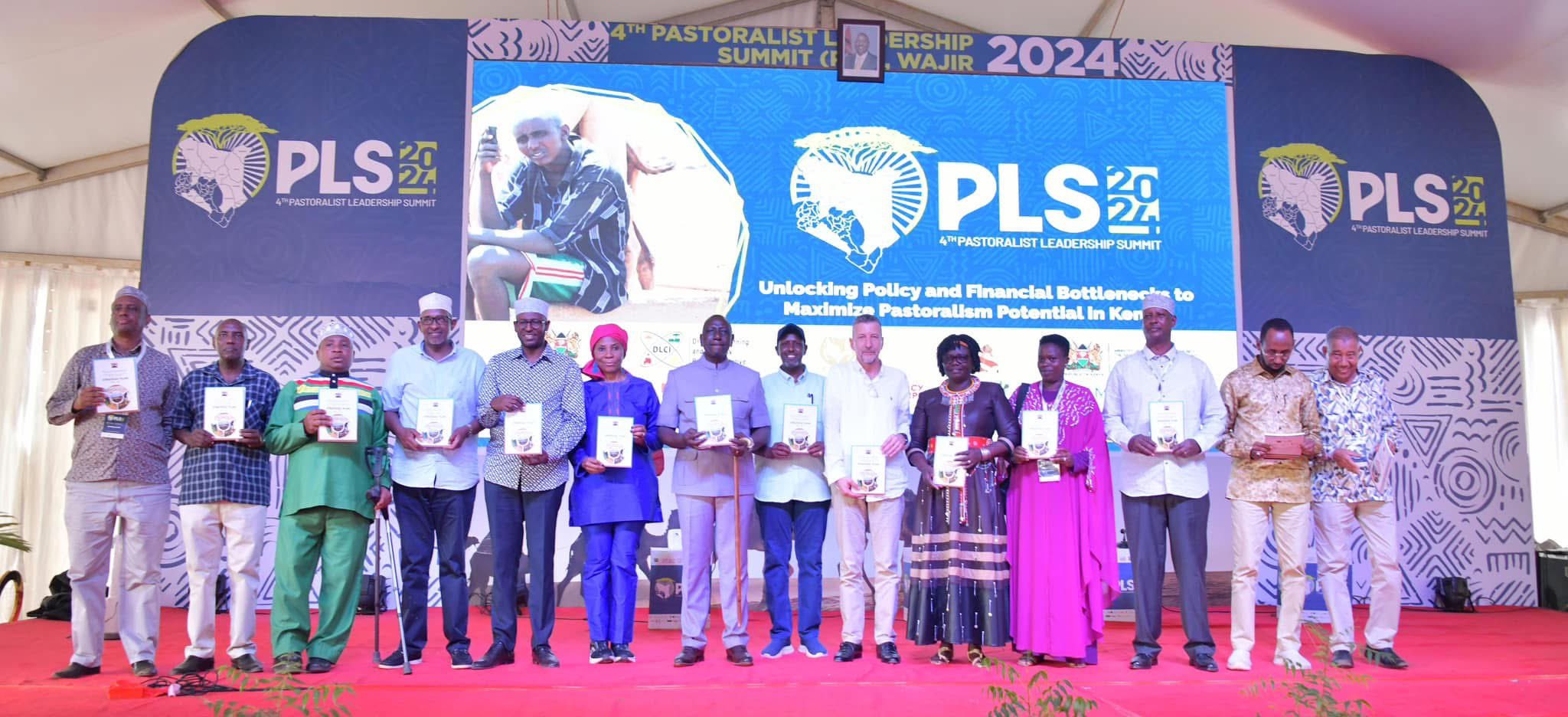

This week, a powerful gathering took place – one that most Kenyans didn’t see trending on social media, yet its outcomes will shape the lives of millions who depend on customary land. Organised by the Resource Conflict Institute (RECONCILE) and the Food and Agricultural Organisation, the event was funded the European Union and Home Planet Fund, among other organisations.
The second edition ‘Biennial High-Level Conference on Customary Tenure Rights’ brought together voices from across Eastern Africa to talk about something many overlook: The future of our pastoralists and range-lands. The theme—‘Rangeland and pastoralism: The Role of Policy, Research and Learning’—isn't just another slogan. It was a loud, overdue reminder that the land and people we often ignore are the very foundation of our food security, climate resilience and peace. Let’s be clear: pastoralism matter. They feed nations. They manage 70 per cent of Kenya’s land – arid and semi-arid areas that outsiders call ‘drylands,’ but which pastoral communities have sustained and nurtured for generations. Yet today, those same communities are struggling – not because they’ve failed – but because policy and power have failed them.
Kenya made history in 2016 by passing the Community Land Act, a law meant to protect the land rights of pastoralist and other communities. But almost 10 years later, fewer than 30 per cent of community lands have been registered. Without legal documents, these communities remain vulnerable to land grabs, political manipulation, mining companies and conflict.
At the conference, it became clear: we don’t need more laws – we need to implement what we already have. Land policy should not sit in files in Nairobi and other capitals in Eastern Africa. It should live in the hands of the people it is meant to protect. That means speeding up community land registration, strengthening local land boards and giving pastoralists a seat at the decision-making table.Data came up again and again. From mapping grazing routes to understanding climate shifts, we need better information to make smarter decisions. But data is only useful if it's accessible, understandable and owned by communities. Today, powerful tools like satellite imagery and geospatial technology can track land use, drought cycles and even illegal encroachment. The problem? Too often, this data stays in elite circles. If policymakers truly want to support pastoralists, they must invest in local data systems and train communities to use them – not just as subjects of research, but as active partners.A critical point echoed throughout the summit was this: we cannot secure the future of rangelands if we exclude half the population. Women are the backbone of pastoral communities. Youth are their future. Yet both groups remain sidelined when it comes to land governance. If we want innovative, climate-smart solutions, we must empower them – not with handouts, but with land rights, leadership opportunities and access to climate finance.
Too many decision-makers still treat rangelands as ‘idle land’ available for commercial takeover. This mindset has led to conflict, displacements and degradation. Large-scale land investments continue to threaten community land, often without consultation or consent. The truth is, pastoralism is not backward – it is a sustainable, mobile and adaptive livelihood that has thrived in harsh environments for centuries. When we protect rangelands, we protect water sources, biodiversity and peace in dryland regions. We also support a climate solution: livestock mobility helps prevent overgrazing and maintains ecological balance.With 2026 declared the International Year of Rangelands and Pastoralism, the countdown has begun. But we cannot wait until then to act. The time to protect pastoralist rights and land is now.As a country, we must:
(i) Fast-track
implementation of the Community Land Act,
(ii) Support regional data-sharing systems and fund community-led land mapping,
(iii) Include women and youth in all land governance structures hold investors accountable to social, environmental and land tenure standards,
(iv) Invest in rangelands not as ‘wastelands,’ but as essential ecosystems
This summit showed us the way. The question is: Will our policies catch up with the people? Let’s stop debating the value of pastoralism. Let’s start protecting it. Because if we get land governance right in the rangelands, we don’t just uplift pastoralists – we secure our future as a region.

















